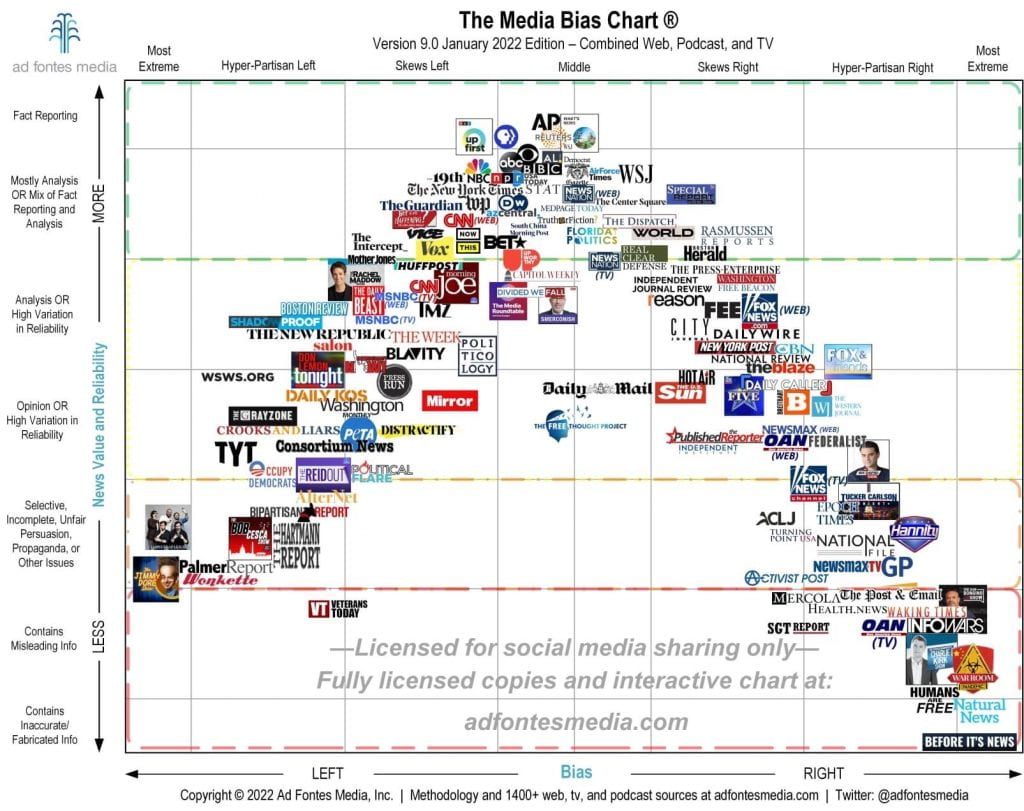Critical news literacy session for social policy analysis course
Katie Querna, Thursday, 11AM, Stewart Hall

https://www.theguardian.com/world/2022/feb/21/dumb-and-lazy-the-flawed-films-of-ukrainian-attacks-made-by-russias-fake-factory
https://english.elpais.com/science-tech/2022-02-24/the-war-in-ukraine-via-tiktok-how-ordinary-citizens-are-recording-russian-troops.html
+++ please cover this information at home and bring your ideas and questions to class +++++
Most students can’t tell fake news from real news, study shows
Read more: https://blog.stcloudstate.edu/ims/2017/03/28/fake-news-3/
Module 1 (video to introduce students to the readings and expected tasks)
- Fake News / Misinformation / Disinformation
- Definitions
- Fake news, alternative facts
https://blog.stcloudstate.edu/ims?s=fake+news
https://blog.stcloudstate.edu/ims?s=alternative+facts
- Misinformation vs disinformation
https://blog.stcloudstate.edu/ims/2018/02/18/fake-news-disinformation-propaganda/
- Propaganda
- Conspiracy theories
- Bots, trolls
https://blog.stcloudstate.edu/ims/2017/11/22/bots-trolls-and-fake-news/
https://blog.stcloudstate.edu/ims/2020/04/30/fake-social-media-accounts-and-politicians/
https://blog.stcloudstate.edu/ims/2020/01/20/bots-and-disinformation/
- Clickbait
Filter bubbles, echo chambers
(8 min) video explains filter bubbles
https://www.ted.com/talks/eli_pariser_beware_online_filter
+++++ thank you for covering this information at home. Pls don’t forget to bring your q/s and ideas to class +++++
Why we are here today?
We need to look deeper in the current 21stcentury state of information and disinformation and determine how such awareness can help policy analysis.
How do we make up our mind about news and information; where from we get our info; who do we believe, who do we mistrust.
What do you understand under the following three items and their place in our efforts to analyze policies?
“critical thinking,” https://blog.stcloudstate.edu/ims/2014/05/11/the-5-step-model-to-teach-students-critical-thinking-skills/
“media literacy,” “Media Literacy now considers digital citizenship as part of media literacy — not the other way around”
https://blog.stcloudstate.edu/ims/2020/01/07/k12-media-literacy/
“critical [news] literacy”
https://youtu.be/i2WyIkK9IOg
how do these three items assist a better analysis of policies?
Class assignment:
Share a topic which is very much to your heart.
Please feel welcome to use the following resources and/or contribute with your own resources to determine the sources and potential bias
library spot fake news
fake news resources
fake news and video
Feel free also to use the following guidelines when establishing the veracity of information:
Here is a short (4 min) video introducing you to the well-known basics for evaluation of academic literature:
https://youtu.be/qUd_gf2ypk4
- ACCURACY
- Does the author cite reliable sources?
- How does the information compare with that in other works on the topic?
- Can you determine if the information has gone through peer-review?
- Are there factual, spelling, typographical, or grammatical errors?
- AUDIENCE
- Who do you think the authors are trying to reach?
- Is the language, vocabulary, style and tone appropriate for intended audience?
- What are the audience demographics? (age, educational level, etc.)
- Are the authors targeting a particular group or segment of society?
- AUTHORITY
- Who wrote the information found in the article or on the site?
- What are the author’s credentials/qualifications for this particular topic?
- Is the author affiliated with a particular organization or institution?
- What does that affiliation suggest about the author?
- CURRENCY
- Is the content current?
- Does the date of the information directly affect the accuracy or usefulness of the information?
- OBJECTIVITY/BIAS
- What is the author’s or website’s point of view?
- Is the point of view subtle or explicit?
- Is the information presented as fact or opinion?
- If opinion, is the opinion supported by credible data or informed argument?
- Is the information one-sided?
- Are alternate views represented?
- Does the point of view affect how you view the information?
- PURPOSE
- What is the author’s purpose or objective, to explain, provide new information or news, entertain, persuade or sell?
- Does the purpose affect how you view the information presented?
In 2021, however, all suggestions above may not be sufficient to distinguish a reliable source of information, even if the article made it through the peer-reviewed process. In time, you should learn to evaluate the research methods of the authors and decide if they are reliable. Same applies for the research findings and conclusions.
++++++++++++++++++++
Aditional topics and ideas for exploring at home:
civil disobedience
https://blog.stcloudstate.edu/ims/2014/09/30/disruptive-technologies-from-swarming-to-mesh-networking/
https://blog.stcloudstate.edu/ims/2019/08/30/tik-tok-students-and-teachers/
https://news.softpedia.com/news/Venezuela-Blocks-Walkie-Talkie-App-Zello-Amid-Protests-428583.shtml
http://www.businessinsider.com/yo-updates-on-israel-missile-attacks-2014-7
https://blog.stcloudstate.edu/ims/2016/11/14/internet-freedom/
https://blog.stcloudstate.edu/ims/2016/08/31/police-to-block-social-media/
https://blog.stcloudstate.edu/ims/2016/04/04/technology-and-activism/

